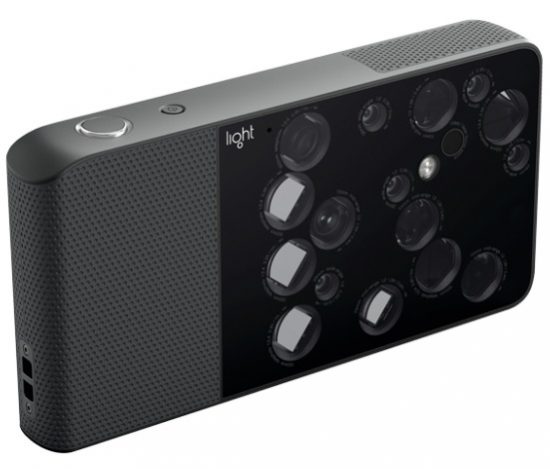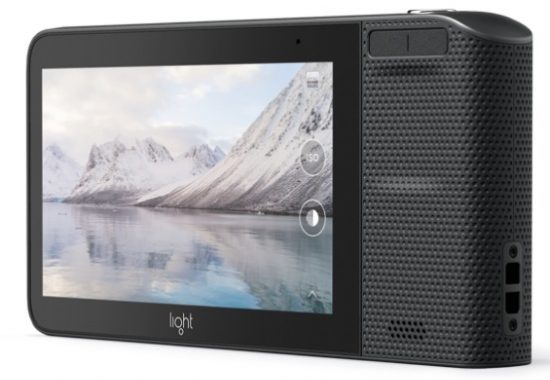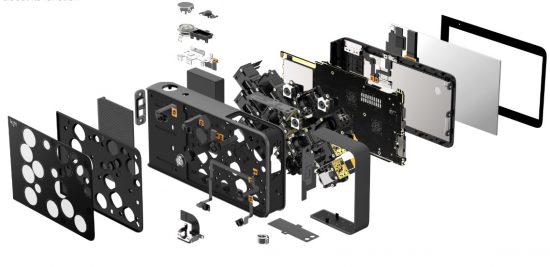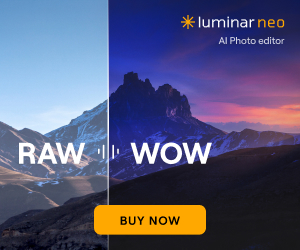


The Light L16 computational camera (now priced at $1,950 after a recent $250 price increase) already started shipping in very limited quantities. The first reviews are in and things don’t look very good:
Ted Forbes reviews the Light L16 camera:
I left the Light event scratching my head a bit. Maybe Light gets there and gives us all the camera that the L16 hopes to be. Maybe it takes a generation or two. Or, maybe Light’s not really interested in making a piece of hardware that it sells to millions of consumers. Perhaps Light is more likely to take this tech as far as it can before the company is acquired by Apple, Samsung or some other tech giant. An acquisition may make the most sense as a company goal. If Apple, Samsung, Sony or whoever can shrink the tech down to a phone-sized package, they could get the next leg up on the competition. Unfortunately, I think the dream that Light is dreaming is a little to big for the small company to achieve in today’s camera market. And I hope I’m wrong. (PhotographyBay)
If the L16 is ever going to have any chance of competing against the likes of cameras like these, or even many cameras costing far less, it will need to address the issues shown above or it simply won’t be taken seriously by enthusiast photographers. We can certainly hope that Light’s image processing improves over time, but we’ve also seen that processing alone can only go so far in repairing artifacts and eliminating noise. We’d be happy to be proven wrong, but what we’re seeing in many L16 images to date seems tied to fundamentals of their approach, rather than being amenable to firmware fixes. (Imaging-Resource)
The weakness of the L16 is the extremely large file sizes and the ability of Light’s Lumen (beta) software to convert these files to usable DNG and JPEG files. The software is limited, slow and doesn’t (yet?) allow for batch file handling. I don’t know that most consumers are going to enjoy working with these extremely large files. (TimmulHolland)
As a serious hiker, backpacker, outdoor adventurer, and globetrotter who travels light and wants great photos… I really want the Light L16 to achieve its promise! And it’s the L16’s reliance on software rather than hardware gives me hope. It seems that many of the L16’s current shortcomings and missing features can be improved upon and added over time via their “frequent” software updates. Case in point, I belive that AFTER-taking-a-photo, focus plane adjustment is coming very soon. As I write, a Light representative says “This feature will be available when we release the new version of Lumen in about 1 week.” (AdventureAlan)
On December 5, 2017, I made my peace with the camera, and asked Light for a full refund. I really wanted to love it. I just don’t. Would I recommend you buy it today? Absolutely not. Your mileage may vary, but it’s a lot of money for a rough product. Do I think Light knows these are the issues, and are feverishly working on addressing them? Yes I do. Do I think they can fix a lot of this stuff fairly quickly? Sure.
The product is simply too unfinished today. Without roadmaps, we don’t know if we’re looking at weeks, months or years to get to a solid version 1.0. That’s troubling for a startup company that is already years late delivering a product. Maybe they figure it out sooner than I expect. I can always buy the camera again if it actually becomes great. On the upshot, I do have a new found appreciation for how good the cameras I own really are. It’s like returning a terrible rental car and falling back in love with your car, all over again. (Diyphotography)
When the Light L16 performs well it is phenomenal. There are interesting capabilities that a computational camera technology provides. However, the workflow is time consuming. My preference is to spend more time shooting and less time processing images. So for me, the current state of the workflow is a major issue.(Travelisbeautiful)
As Dave noted above, the company’s CTO and co-founder claimed DSLRs will be a thing of the past in ten years, but I don’t think the L16 is driving any nails into the DSLR coffin. Would it be nice to have something pocketable that could take just as nice, high-quality photos as a “big” mirrorless or DSLR camera kit? Of course. But at this point in time, it’s apparently still difficult to impossible to get around the challenges of seamlessly combining multiple images captured using small sensors and optics. […]
At the end of the day, the Light L16 seems like a clever idea that just didn’t work out well in reality. Given its $1,950 selling price, it’s hard to see who it could be suited for. (Imaging-resource)
I never got over the feeling that the L16 is a better demonstration of an idea than it is as a product. Even then, the L16’s middling results aren’t exactly promising. After all, some people did buy this thing. Light solved lots of problems to make this camera work, and maybe now it can apply some of that knowledge to a smaller form factor like a smartphone. Until then, as replacements go for bigger, bulkier cameras, my existing smartphone will do just fine. (The Verge)
Additional information on the L16 camera can be found at light.co.
If you have the L16 camera and want to share your experience, you can send me an email or post a comment below.








